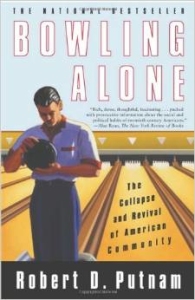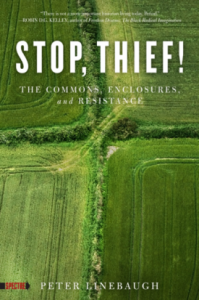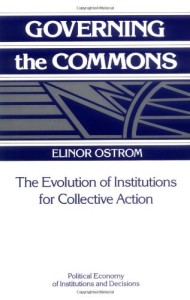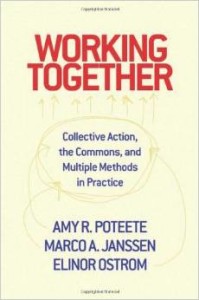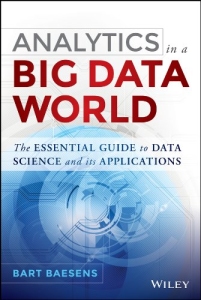
Bart Baesens
5.0 out of 5 stars Superb Overview of Analytic Applications — Focused on Consumer, Contains Math, May 22, 2014
Bottom line up front: a superb book and a truly great overview that is easily understandable to me except for the fraction of the book that is math.
Right away I like the structure of the book in relation to analytics. Use Amazon's Inside the Book feature to see that structure. I also appreciate the clarity and integrity demonstrated by the author in touching on major obstacles to big data analytics, among which are past biases in policy and collection and the absence of critical values needed to test NEW hypotheses. The author is brutal in a low key manner (which is to say, very professional) in evaluating the different types of data streams and the problems with each of them. Getting the raw data is a challenge — cleaning that data is a greater challenge — making sense of swiss cheese data with a host of underlying intellectual cancers is the greatest challenge of all.

